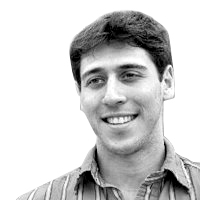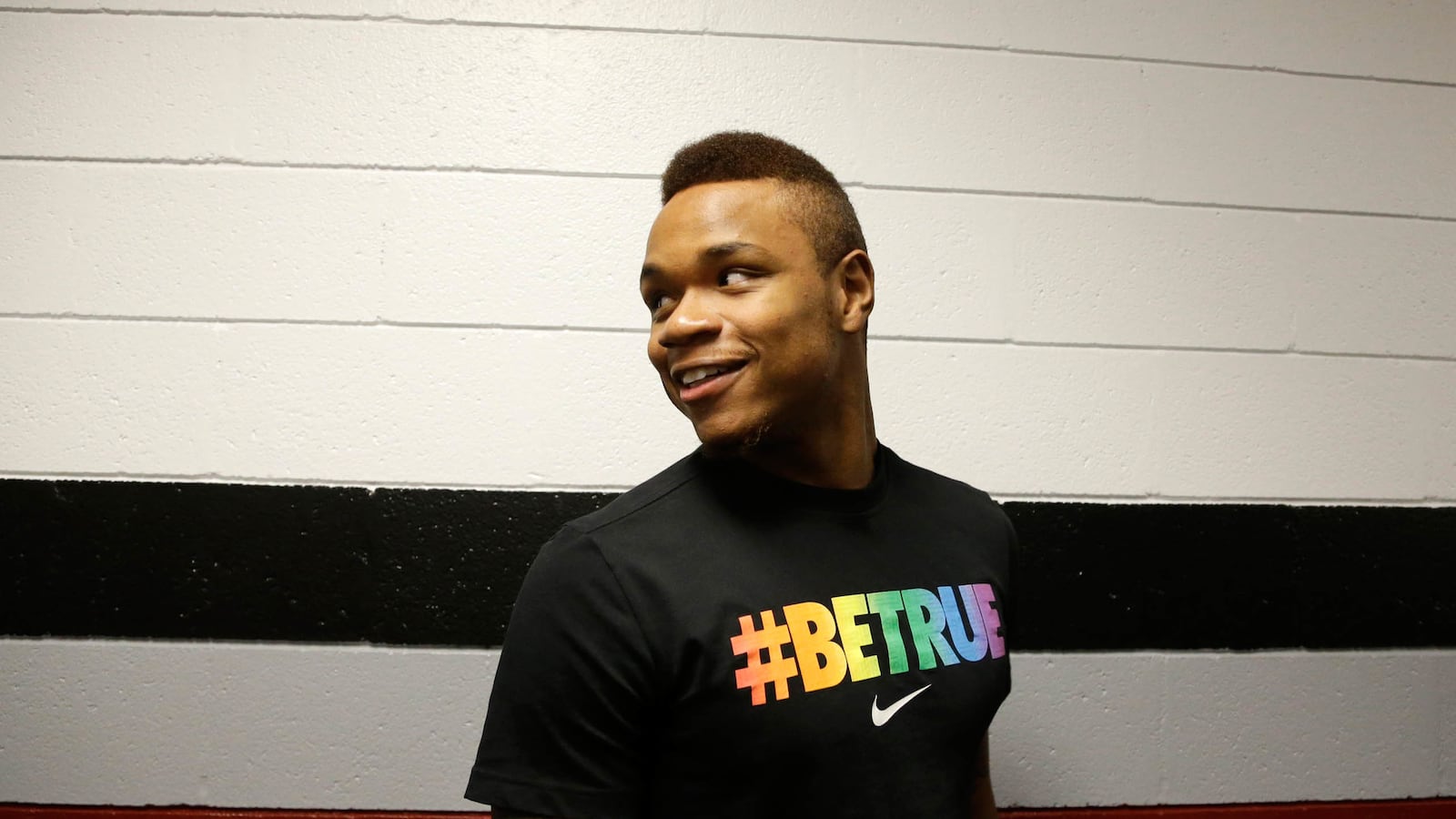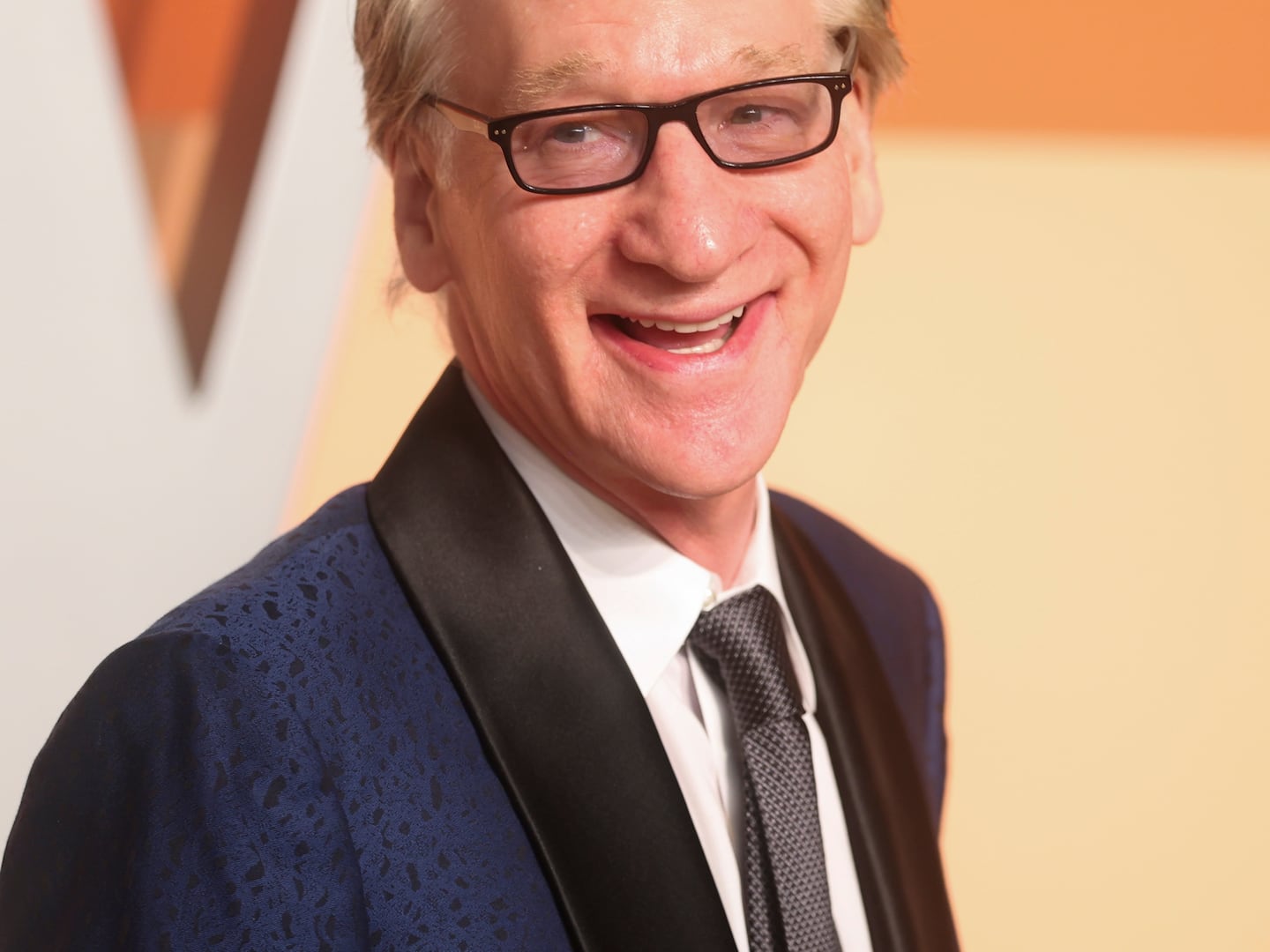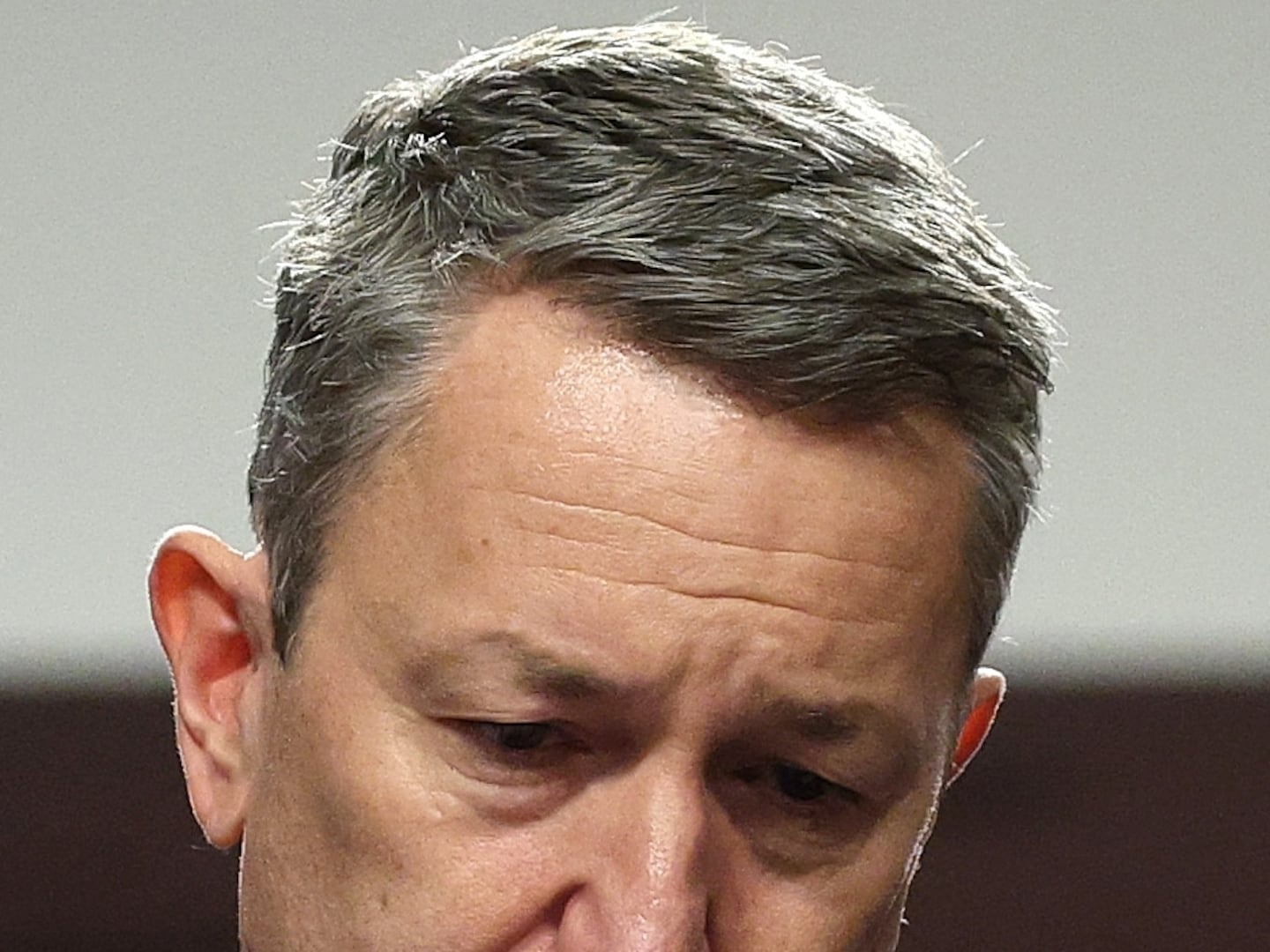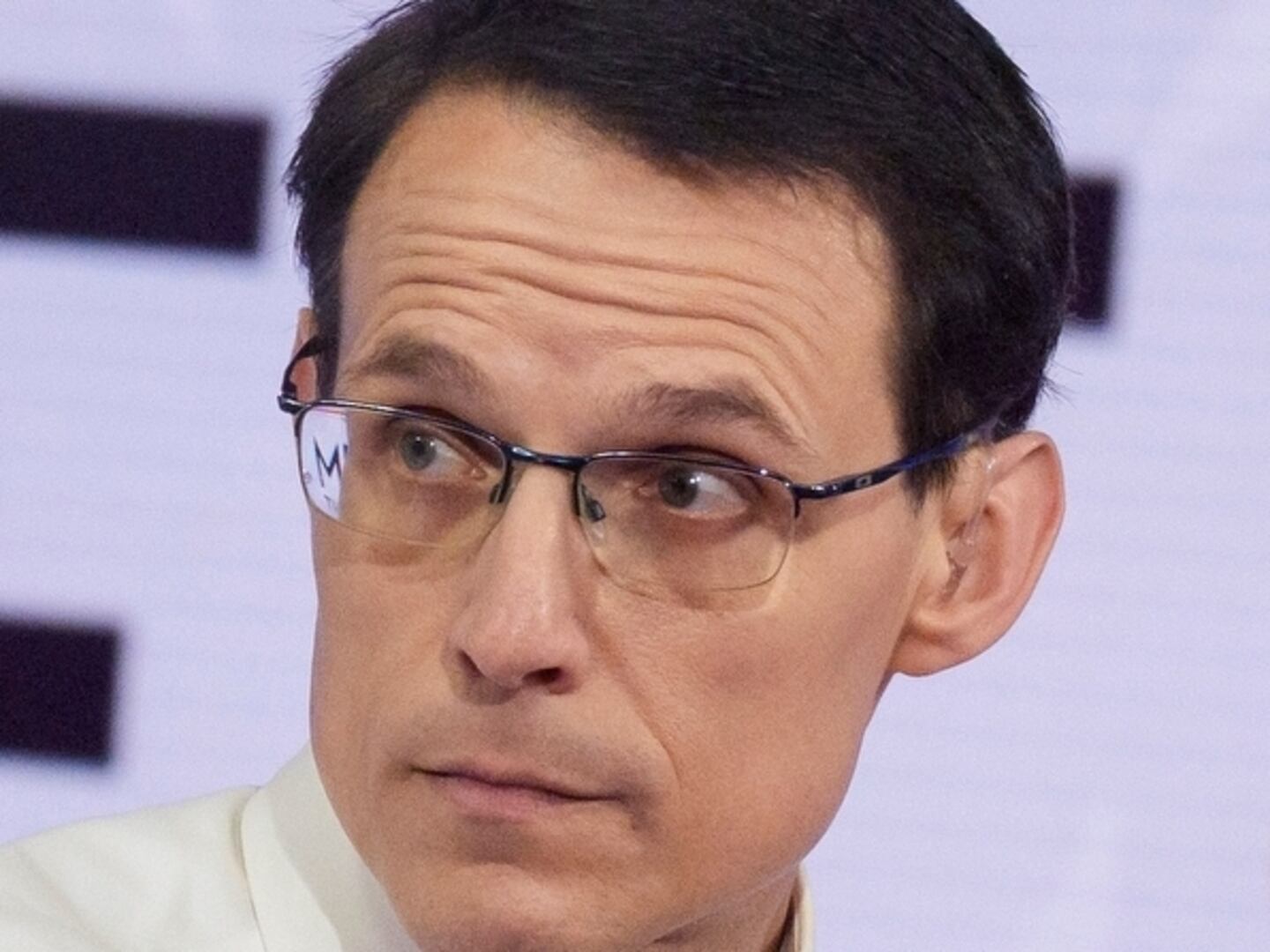College basketball has finally entered the 21st century.

Exactly two months after NFL prospect Michael Sam publicly came out as gay, University of Massachusetts shooting guard Derrick Gordon has done the same, becoming the first openly gay player in Division I men’s college basketball.
Gordon, a 22-year-old redshirt sophomore, broke the news to his teammates a week ago. On Wednesday, he shared it with the world.
ADVERTISEMENT
“I just feel like a bunch of weight has been lifted off my shoulders and I can fly,” said Gordon in an interview with ESPN’s Kate Fagan.
Once sporadic—a volleyball player here, a retired basketball player there—the act of coming out has become more commonplace in “amateur” and professional sports.
The most significant was probably NBA veteran Jason Collins, who in May 2013 became the first publicly gay active player in America’s four major team sports. That same month, he was joined by Los Angeles Galaxy midfielder Robbie Rogers, the first openly gay player in Major League Soccer, as well as Jallen Messersmith of tiny Benedictine College, the putative first for men’s college hoops. And this past January, Conner Mertens, a placekicker for Division III Willamette University, became the first openly gay player in men’s college football.
All of these milestones have, of course, been reached in the wake of President Obama’s endorsement of gay marriage—with a little nudge from “The Bidenator”—in May 2012.
Even though 59 percent of Americans wish society had reached a point where Gordon’s news wasn’t news, the culture of modern sports lags behind that of the greater population when it comes to gay rights.
According to an NFL report, former Miami Dolphins (alleged) bully Richie Incognito repeatedly harassed teammate Jonathan Martin with homophobic slurs. Just last week, a former Barclays Center employee filed a lawsuit against the Houston Rockets for anti-gay discrimination, stemming from an incident in which Rockets players allegedly taunted him and chased him out of the locker room, shouting, “Get this f***** out of here… he’s trying to catch a sneaky-peeky!”
And Gordon said that his teammates had even questioned his sexuality and teased him about it when his ex-boyfriend posted Instagram photos of the two of them together last summer. At the time, he caved under the pressure and denied he was gay.
While retired players and athletes in minor sports have been coming out in relative droves, the roster of openly gay athletes in major team sports remains extremely thin. No one has yet joined Collins in the NBA, Rogers in the MLS, or Sam in the NFL (where he’s projected to be a late-round draft pick), and we’re waiting for a trailblazer from the National Hockey League and Major League Baseball, despite widespread rumors that many active gay athletes are considering coming out.
Now Gordon is alone in big-time college hoops.
With a long way still to go before the locker room becomes a space of unmitigated acceptance, this battle must take place in television spotlights and newspaper headlines; there must be those who open the doors for others to walk through.
As the Atlantic reported last year, ex-Major League Baseball player Glenn Burke could’ve been that leader back in the 1970s, but the media wasn’t ready to publish his story. Now we are.
The men that have chosen to lead this fight today, Collins, Sam, and Gordon, understand the historical import of their decisions, even though none of them was initially an outspoken champion of the cause.
Collins wrote in Sports Illustrated: “I didn’t set out to be the first openly gay athlete playing in a major American sport. But since I am, I’m happy to start the conversation. I wish I wasn’t the kid in the classroom raising his hand and saying, ‘I’m different.’ If I had my way, someone else would have already done this. Nobody has, which is why I’m raising my hand.”
As Sam explained to the New York Times, “I just want to make sure I could tell my story the way I wanted to tell it,” before navigating the unforgiving terrain of the NFL.
For his part, Gordon didn’t expect to make history. “I’ve been waiting and watching for the last few months, wondering when a Division I player would come out,” he told ESPN, “and finally I just said, Why not me?”
What differentiates players like Derrick Gordon and Michael Sam from the pack of out-and-proud athletes, however, is that these young men have more on the line. Unlike Collins, a journeyman NBA player who came out as an unsigned free agent in the twilight of his career, Sam did so in the build-up to the draft, while Gordon, who aspires to one day play in the NBA, still has two years of NCAA eligibility at UMass.
Not only are they forced to face the scrutiny of their peers, but their professional ambitions may also be affected by their sexuality (or, really, by the troglodytic ignorance of some pro sports folk). Several NFL players, front office staff, and commentators have said that Sam could be a distraction to his team.
But none of that mattered compared to Sam’s and Gordon’s desire to live freely and embrace their true selves. “I just didn’t want to hide anymore, in any way,” Gordon revealed to ESPN.
As standard-bearers for openness in sports, Gordon, Sam, and Collins project physical images that further shatter stereotypes. To put it bluntly, take one look at any of them and you know that gay doesn’t mean soft.
“I know Michael Sam and Jason Collins aren’t delicate,” Gordon told Outsports. “My strength coach compares me to a pit bull.”
And they’re standout athletes.
Sam, 6’2 and 260 lbs, was a consensus All-American and earned the honor of SEC Defensive Player of the Year as a senior at the University of Missouri. The 7-foot Collins has racked up 2,052 personal fouls and countless hard screens during an unremarkable but solid 13-year pro career.
Gordon, mohawked and heavily tattooed, is no slouch, either.
He averaged 9.4 PPG and 3.5 RPG in 33 games for UMass this season, and scored in double figures in 8 of his last 11 games. Gordon transferred to UMass from Western Kentucky where, as a true freshman, he led the team in scoring with 11.8 PPG.
A native of Plainfield, N.J., Gordon was a three-year starter at St. Patrick High School in Elizabeth, and he helped lead his team to the state championship in 2009. In an interesting twist, he was high school teammates with current Charlotte Bobcat Michael Kidd-Gilchrist, who played for the Kentucky Wildcats under ex-UMass coach John Calipari.
After being a key component of the first UMass team since 1998 to make the NCAA Tournament, Gordon’s focus is primarily on basketball, though he knows to expect intense external focus on him throughout his career.
The young man accepts that, and maybe he’ll inspire the next brave athlete to come out. After all, Collins’ bravery encouraged Gordon to make his announcement, and Collins even mentored the student throughout the process.
“He gave me the confidence and the boost that I need to put me over the top to coming out,” said Gordon in his ESPN interview.
On Wednesday afternoon, Collins showed his support for Gordon on Twitter:
The two men now stand side by side at the forefront of a largely silent army that’s gathering in strength—player-by-player, announcement-by-announcement.
“Hopefully I’ll finally see a gay flag in the stands, which I ain’t never seen before,” Gordon told ESPN, before unleashing a thousand-watt smile.
